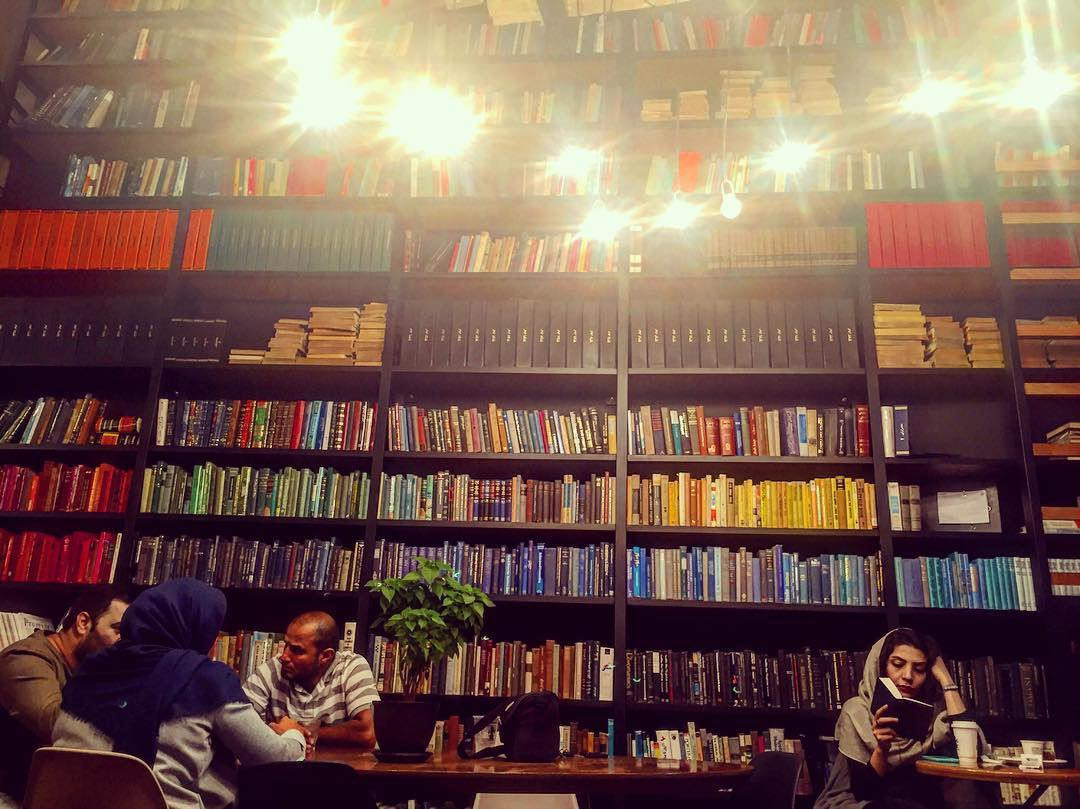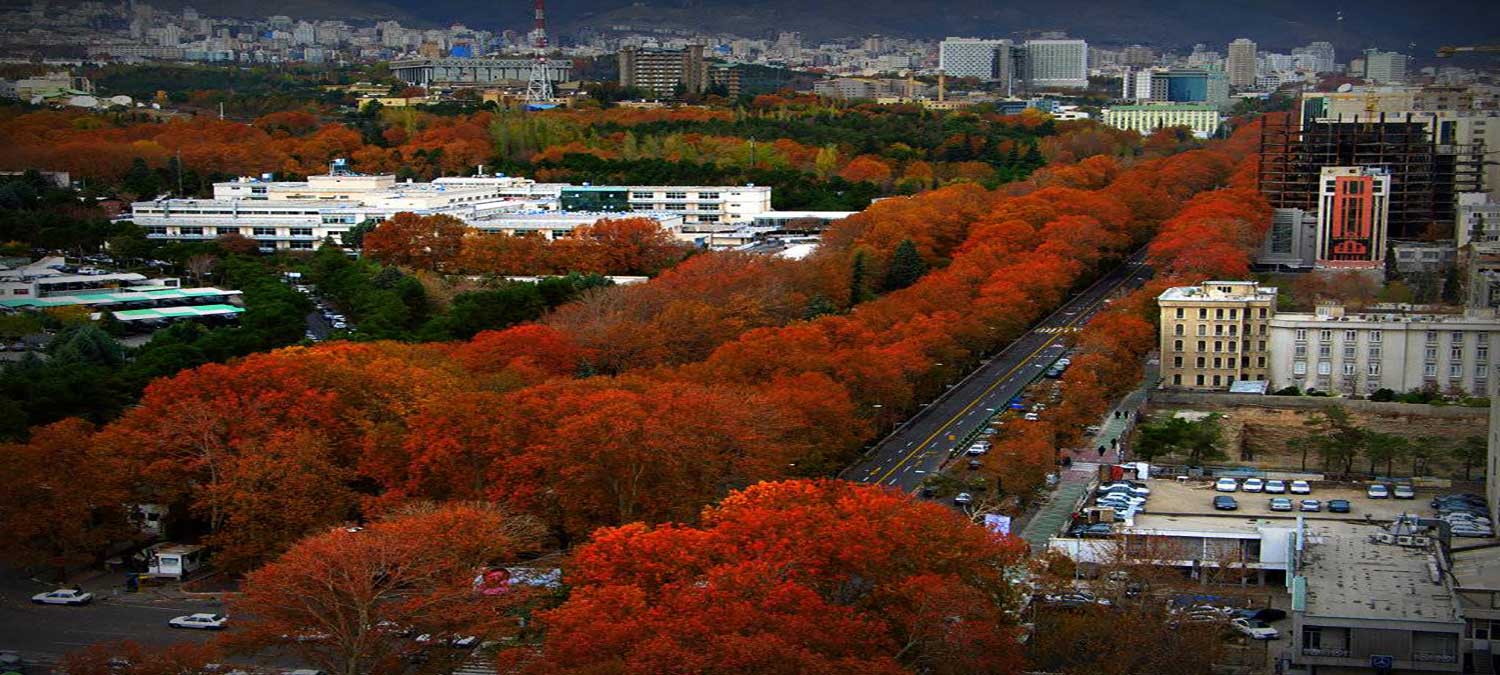The writer is a translator in Tehran.
Anonymous
Translated from the Persian by Salar Abdoh
My head is uncovered, so is my neck. As soon as I meet the eyes of the policeman standing near the bus stop, my hands automatically seek my hijab. Then I remember that, of course, I’m not wearing one. A minute later, when I get on the bus, people who still haven’t gotten used to seeing women without a headscarf steal glances at me and quickly turn away, their eyes bursting with questions. At the next station, an austere-looking woman wrapped in her black chador, prayer beads in hand, gets on. She fingers her prayer beads and repeats an invocation under her breath. There’s bound to be a fight between us, I think to myself. Instead, what does she do? She asks me directions, and I let her know that she needs to get off at the next stop. Her gratefulness and her words are a wave of kindness: “May you always be healthy, my daughter. Please always take very good care of yourself.”
I had not expected this. Nor yesterday at the photocopy place when the fellow stood up, bowed my way, and said, “Long live our courageous women!”
Nowadays, instead of being pestered on the streets by young men, you’ll hear from them the one refrain of the movement, Woman-Life-Freedom. This too is as unexpected to the ear as it is beautiful.
I get off the bus at Maidan Valiasr, in the heart of the city. I have to pass through the eastern end of the circle, which is where the undercovers and the Basij militia are assembled. The whole city has so far paid only respect to my curls. But not these guys. As I pass by them, one of them says to the next guy, “Bet if I hit her over the head with the stick she’d pass out.” He says this with laughter and deliberately loud enough so that I can hear it. My heart is in my mouth. I expect a baton to land on my head any moment. As I continue walking and looking dead ahead, someone strikes me in the ribs — perhaps with the butt of a gun — and tells me to cover my head. I don’t have anything to cover my head with, and I wouldn’t do it even if I did. My hands stay at my side and I press on ahead. Another one of them shouts, “Dirty Bahai, cover that head.” The next guys adds, “Bahai slut.” I hadn’t realized until now that, to these guys, calling someone a “Bahai,” a member of a much-abused religious minority that got its start in Iran in the 19th century, is the ultimate curse. Meantime, I’m still waiting for that baton to strike my head as I finally march past the last guy in their street-thug lineup.
The maidan at Valiasr has for many years had a gigantic billboard space on its northwest quadrant. I still dare not look up, expecting any moment that something, anything, will knock me flat to the ground. When I finally muster enough courage to look, I notice that, on the several-stories high billboard, there’s nothing but a vast blank space today and, apropos of nothing, below it the words The Women of My Land have been inscribed. The absurdity of seeing these words in reference to nothing and no one is as strange as hearing paid street thugs call you a Bahai slut. The billboard looks orphaned with just those words serving as signifiers to something nonexistent. When it was first put up, the faces of real Iranian women, heads of course properly covered, had been up there – supposedly the regime’s way of fighting back against the “Woman-Life-Freedom” refrain of the street demonstrations. But there was such an outcry by the owners of those faces and their relatives that the regime was forced to remove their mugs and instead just leave a string of forlorn words on a massive vacant poster.
I keep on walking. Walking without that dreaded piece of cloth that they have forced on us since first grade. The cloth that clawed at my throat throughout my younger years and would often slip off without my realizing it. That cloth is gone. Gone from my head and those of many others. For us it’s as if the Berlin Wall has finally come down.
I’ve run a gauntlet and a fire of curses and I’m still in one piece. The fear is still with me, I realize. But it only lurks in the background. Our world here has shifted. Those militia goons can say what they want; the truth is that not wearing a hijab no longer means being a loose woman or a “slut” in this country. It doesn’t create an us-versus-them feeling anymore. We Iranians are all in this together. And no one is going to hang us from our hair in hell anymore. In elementary school, the religious studies teacher shoved it down our throats that this is what would befall us if we were seen outside without our hijabs. The image of being strung by my hair in hell was so traumatic that I begged my parents to take me to the barber and cut all my hair off like a boy’s. I figured no one would be able to hang me from my hair if I didn’t have any to begin with.
Nowadays, hair without a forced casing of fabric around it is simply hair. Nothing more, nothing less. This hair is not going to lead any young man astray with desire. At the very least, the people on the streets of this city that I walk on have realized this. Maybe one day the religious studies teachers of this land will understand it too.





